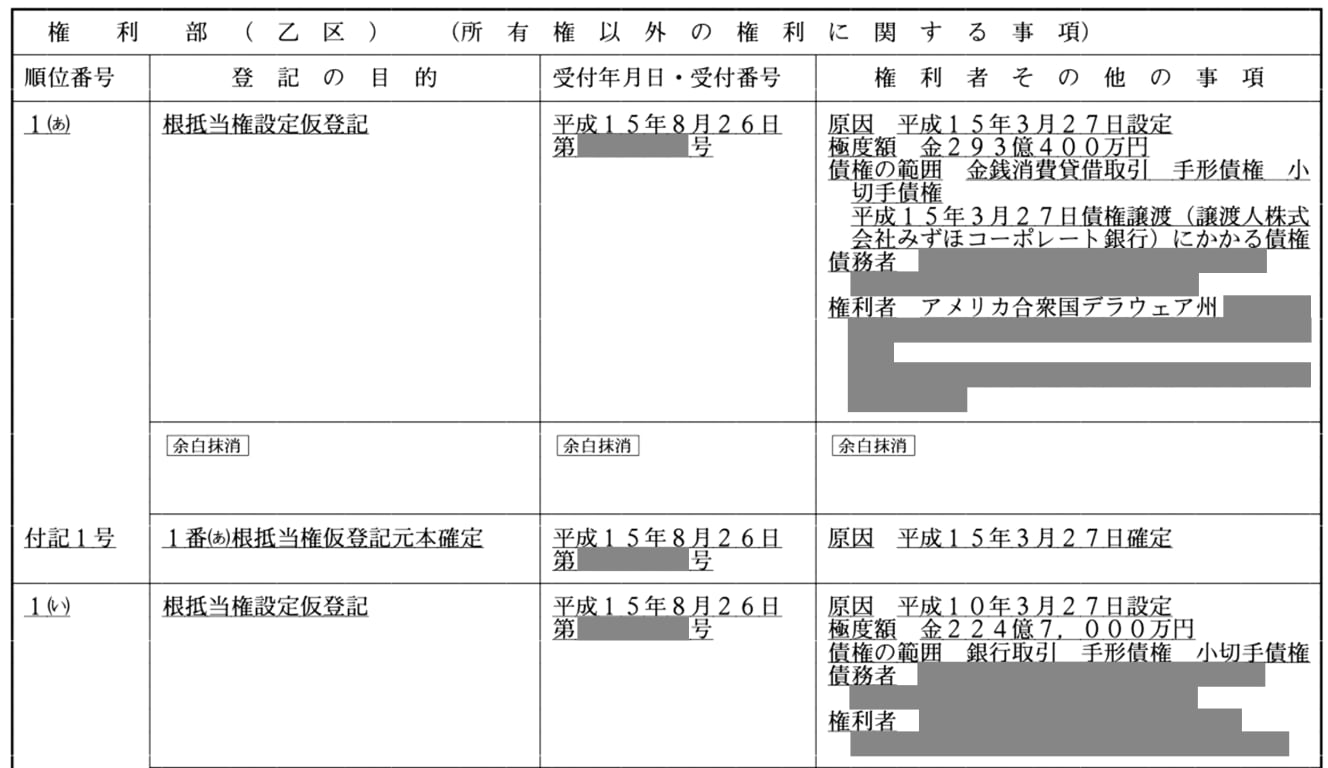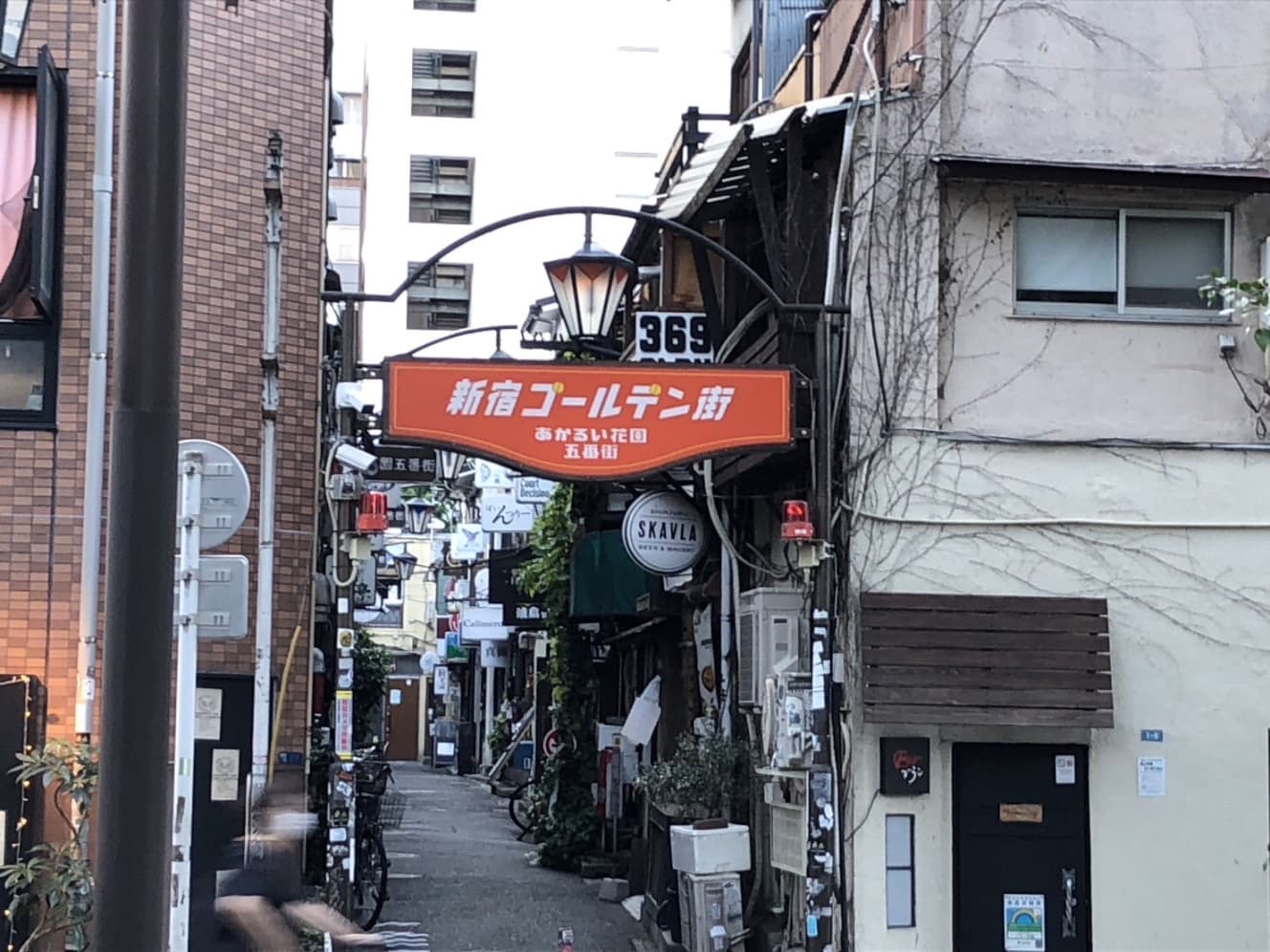The Riddle of the Shinjuku Golden Gai “29.3 Billion Yen Mortgage in Tax Haven
Big money is stirring in the basement of the deep bar district.
‘I’ve almost never heard of a store in this area where the manager, owner, tenant owner, and landowner all coincide. In addition to the complicated relations of interest, the registration is often not updated, so it is not uncommon for the tenant or the owner of the land rights to not match the person on the registration,” (a clerk at “S”, a bar in Golden Gai).
It should be obvious that a restaurant should know who owns the tenant or the land of the tenant. …… However, there are some places where common sense does not seem to be functioning.
Shinjuku Golden Gai. It is one of the most popular drinking spots in Japan, with its origins in the postwar black market, once a blue line (a private prostitution district where prostitution takes the form of restaurants), and now bustling with businessmen and tourists.
On a plot of land slightly smaller than a soccer stadium, there are less than 300 cozy bars, each about 3 to 4 tsubo (3 to 4 square meters) in size. It used to be famous as a subculture district where cultural figures such as film and theater troupes and writers gathered, but the number of tourists began to increase in the 2010s, along with the number of businessmen and young female customers. Now the underground image has faded. As people become less wary of Corona, the number of drunken customers is gradually returning.
Golden Gai has a long history since the postwar period. The interior and color of each establishment varies, from old establishments equipped with pumping toilets to the newest establishments that opened in the wake of the COVID-19 crisis.
However, what I am wondering is, “Who owns the ground under these stores? The above statement was made by a store staff member who works at “S” in Golden Gai, and from what he told us, the situation seems to be complicated.
So, when we listed the land transcript of one of the stores in Golden Gai, we found that it had a provisional registration of a revolving mortgage of 29,304 million yen from the state of Delaware, which has nothing to do with Shinjuku. Some of the land was also mortgaged from the Cayman Islands, a well-known tax haven.

It is not clear whether the 29.4 billion yen revolving mortgage covers the entire Golden Gai property or a specific landowner, but it seems certain that a tremendous amount of money is being moved around on the land, which sometimes the “owner” does not even know who the “landowner” is.
A staff member at the aforementioned “S” tells us about the recent rent situation.
The market price of rent seems to vary from store to store. For long-established stores that have been with the landowner for a long time, the rent is usually lower than the market rent in the neighborhood, even for street stores. Stores are about 3-4 tsubo, so 60,000-80,000 yen per tsubo is obviously expensive.
During the “foreigner bubble” at the time of the 2019 Rugby World Cup, even our shop, with less than 10 seats, was open until morning and daily sales often exceeded 100,000 yen.
New landlords, seeing the situation, raised rents and demanded renewal fees for uncertain reasons. Even now, it is said that there is a waiting list of about 100 applicants for vacant tenants, and I envy the landlords who own land in this area.
Incidentally, the registration shows that there are also rights holders in the narrow alleys between stores in Golden Gai. If the landowners plan to make a profit, they may be asked to pay a toll just for walking around. ……
Interview and text by: Hideo Hayashi
